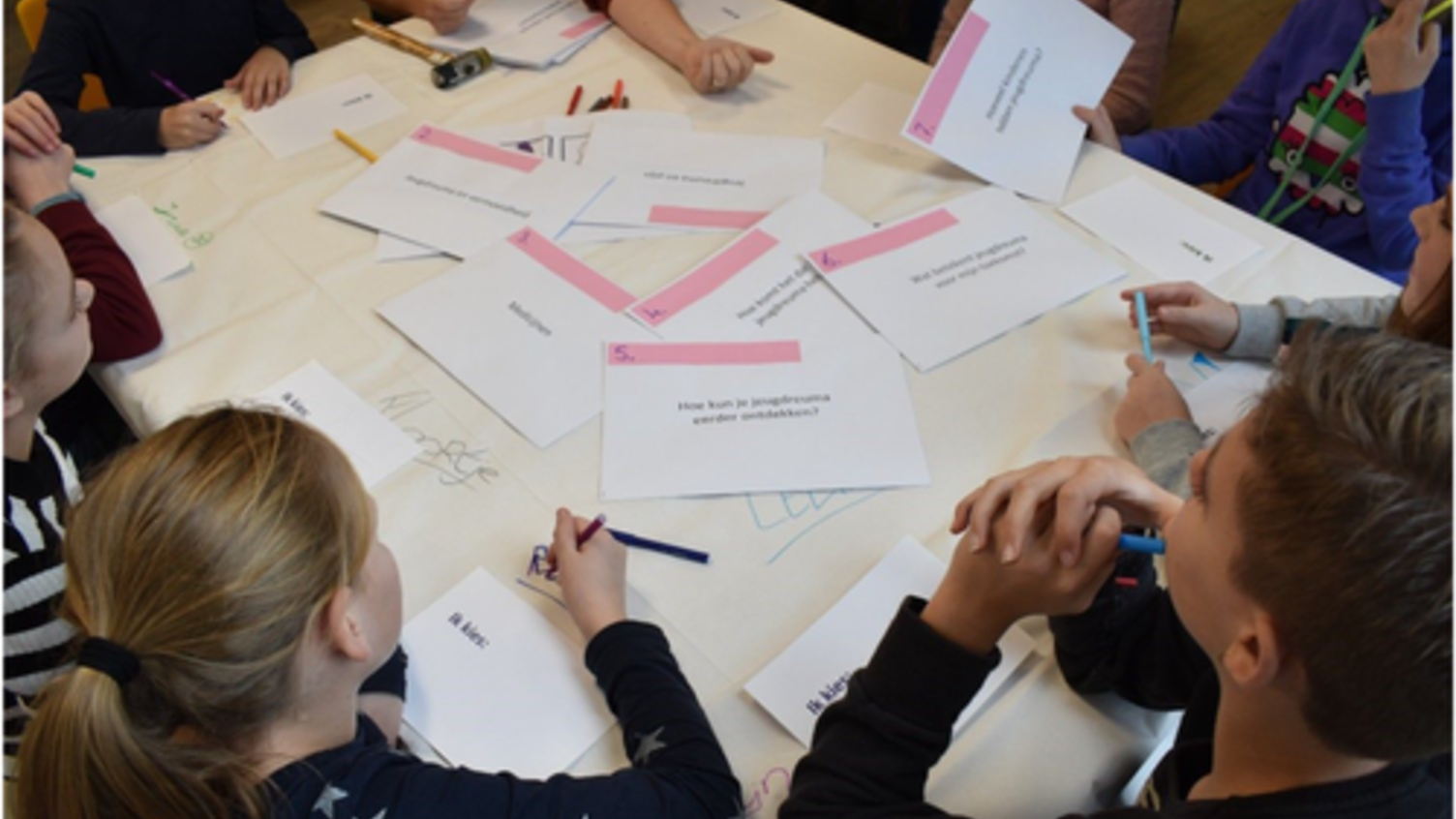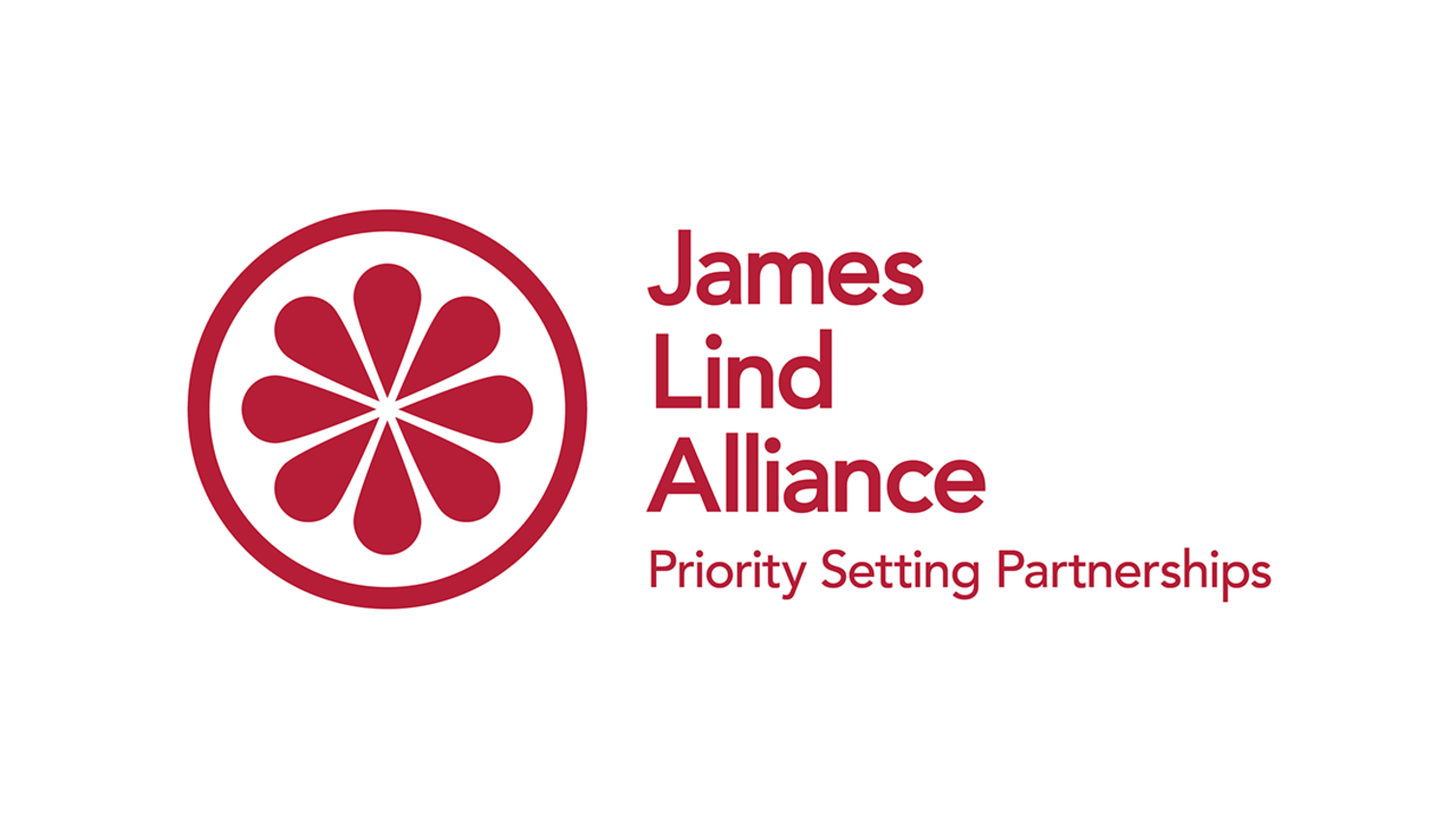Healthtalk and the Oxford Health Experiences Research Group archive as a source of treatment uncertainties and research questions
- 21 April 2016
- 3 min read
By Louise Locock, Director of Applied Research, Health Experiences Research Group, Nuffield Department of Primary Care Health Sciences, University of Oxford.
Many readers will already be familiar with the work of the University of Oxford Health Experiences Research Group (HERG) in conducting narrative research into people’s experiences of health and illness. Interviews typically take between 1.5 – 2 hours, at the person’s home, and are wide-ranging and open-ended so that the individual can raise the issues which matter most to them about their experience. Summaries of the findings are disseminated for patients, families and professionals on the Healthtalk.org website, illustrated with video and audio interview extracts.
Over the last few years we have been experimenting with how the archive of around 3500 interviews could support PSPs in identifying treatment uncertainties. Although not designed for this purpose, the open-ended approach means the interviews are very wide-ranging, so they can be used for a range of other purposes (including medical education, NHS service improvement, and informing NICE guidelines and quality standards).
We started with a proof of concept analysis of a subset of interviews on psychosis to inform the PSP on schizophrenia. One treatment uncertainty came only from the HERG interviews: ‘Can people with schizophrenia be diagnosed earlier by GPs, and can the management of first episode psychosis be carried out in general practice?’
Since then we have also experimented with Parkinson’s, hip replacements and depression. In the Hip and Knee Replacement PSP, we conducted a comparison of what questions HERG transcripts yielded compared to the usual PSP focus group and survey findings (reported by Sally Crowe and Sandra Regan)
One question in the top 10 was identified only through HERG interviews and input from two clinicians: ‘What is the best way to protect patients from the risk of thrombotic (blood clots, bleeding) events associated with hip/knee replacement?’
However, three of the other nine questions were also identified in HERG interviews.
Identifying treatment uncertainties from patient narrative may require lateral thinking; patients do not provide them neatly packaged, but may imply or reveal complex uncertainties in how they say something, as this example of uncertainty around exercising after a hip replacement shows:
‘... it’s this sort of slight tension between the doctors and the nurses kind of saying, you know, ‘Be really careful. Don't do this, don't, because it has these consequences which will set you back,’ and the physios and the occupational therapists saying, you know, ‘The sooner you get up and about and do things. You know, get out there. If you want to go for a walk go for a walk,’ you know. It’s a sort of... and so you feel, as a layperson, sort of not really quite able to judge where the balance should be in this’.
The interview transcripts offer rich but complex and high volume data. Mostly the re-analysis has been achieved through volunteer medical/social science student time and in one case a paid GP. It takes someone several days to trawl through every transcript in a particular collection. One of our own unanswered questions is whether we could instead use the pre-analysed summaries on healthtalk to look for treatment uncertainties and other unanswered research questions. We have a growing body of evidence that for some purposes (e.g. systematic reviews of qualitative evidence on patient experience or for service improvement) summaries may be enough, and it is much quicker than re-analysing the full dataset. It is unclear whether this would be true for treatment uncertainties, but it’s something we can test.
Our experience so far suggests the HERG interviews should be seen as an additional rather than a replacement source of data for PSPs. HERG and the JLA are discussing how we may proceed in future and how the time needed could be funded. We have identified several possible areas for future collaboration:
• To supplement survey responses, particularly where certain demographic groups may be under-represented
• To help identify questions to include in surveys
• To help PSPs where there isn’t a ready-made patient group and engagement is difficult
• To identify patient-important outcomes for research
If you are interested in looking at the existing collections, they can be found at www.healthtalk.org . If you have any questions, please contact info@healthtalk.org


